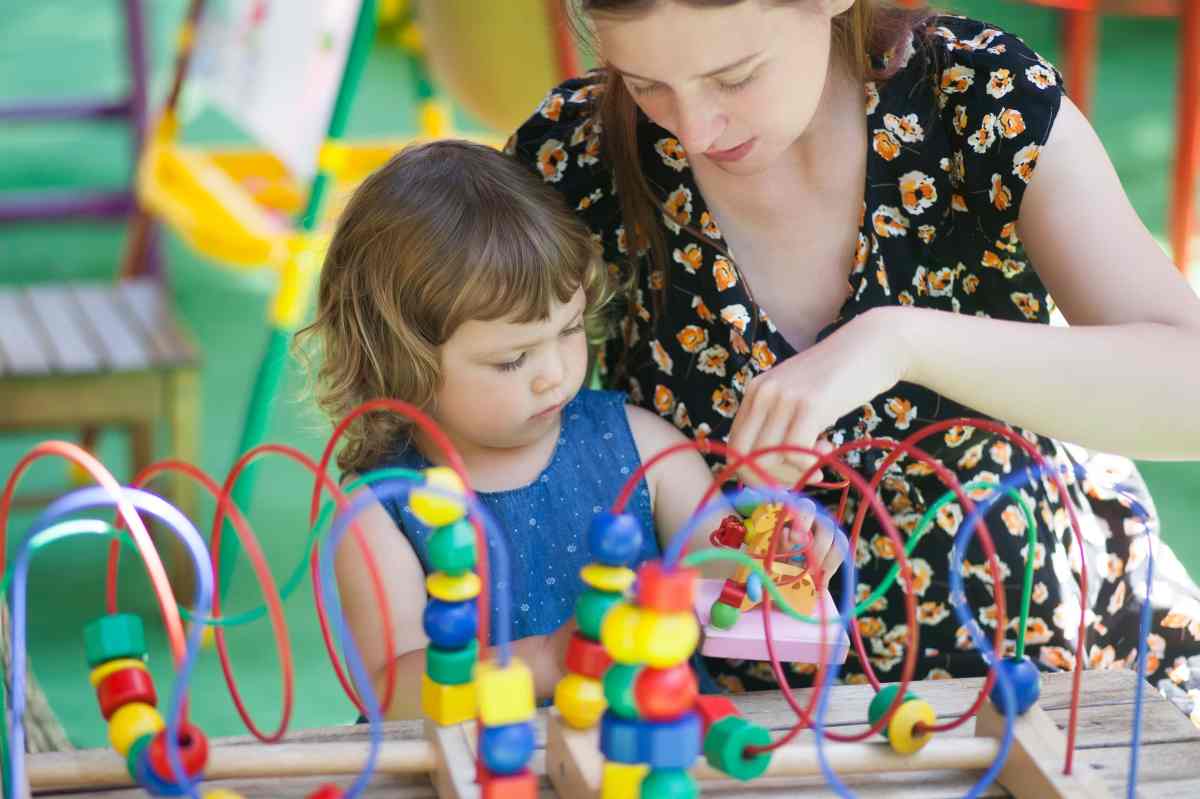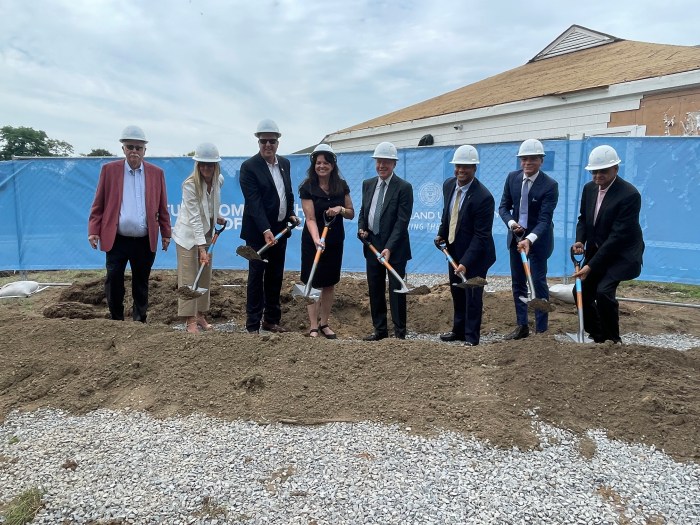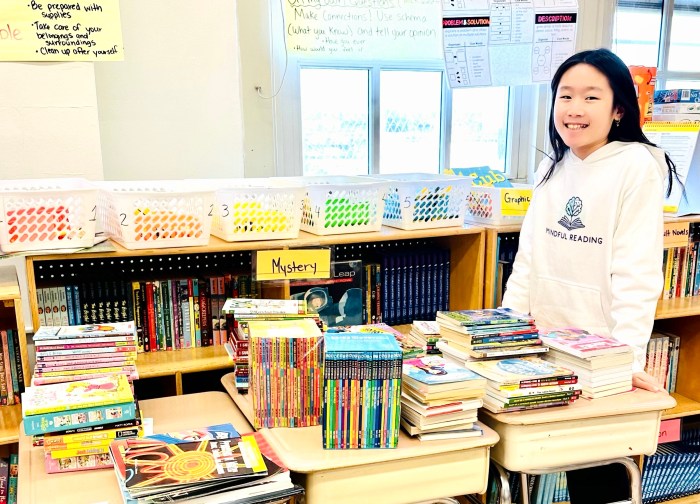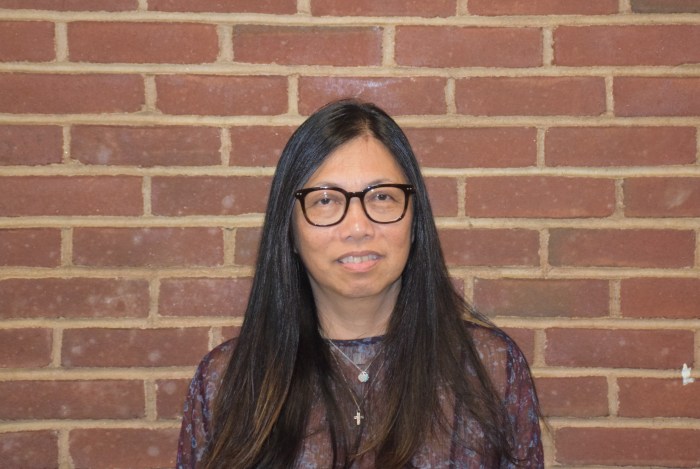Family engagement in early childhood education can have significant and beneficial impacts on a child.
Early childhood development and education is the foundation for any child. Children will be better prepared for school. This helps progress their mental capabilities as they understand that learning is part of life. Parental involvement in a child’s early developmental years can be a turning point.
There are several things parents can do to stay involved with a child’s developmental learning.
START AT HOME
As a family, the first thing parents can do is have all family members play and participate with their young child.
Labeling items with words, playing games, coloring, and spending time creating fun learning environments and lessons can help nurture your child. Family members can take turns playing and learning to encourage their child to learn with many people. This helps in school settings that have both different children and teachers.
Children will be able to expand their learning base to many people and things rather than associating learning to one person or setting.
CAN YOU VOLUNTEER?
Another way to engage in a child’s education is to participate in group settings such as preschool or home groups.
There are many schools that allow parents and older siblings to participate by volunteering in the child’s class or group setting. This is an excellent opportunity to get a child involved with other children and encourage them to become comfortable with an environment that might have more stimuli than what they are accustomed to.
Parents and other family members can volunteer a few hours a week to help promote their child’s early education and develop new skills in a new setting.
BE PRESENT
Home and school or group settings are opportunities for parents and family members to actively participate in their child’s early education.
Think of it as a collective effort with family members and teachers joining together to encourage a young child in their growth — both mentally, emotionally, and physically. Children will begin to notice that family and adult members in their life care for them and offer opportunities to play and learn which also promote progress.
Whether it is at home or elsewhere a few hours a week, family members can play a crucial role in early childhood education by being present.
Michelle Dell’Aquila, M.A. is a licensed child therapist and director of Child Development Advice, an educational consulting agency.































